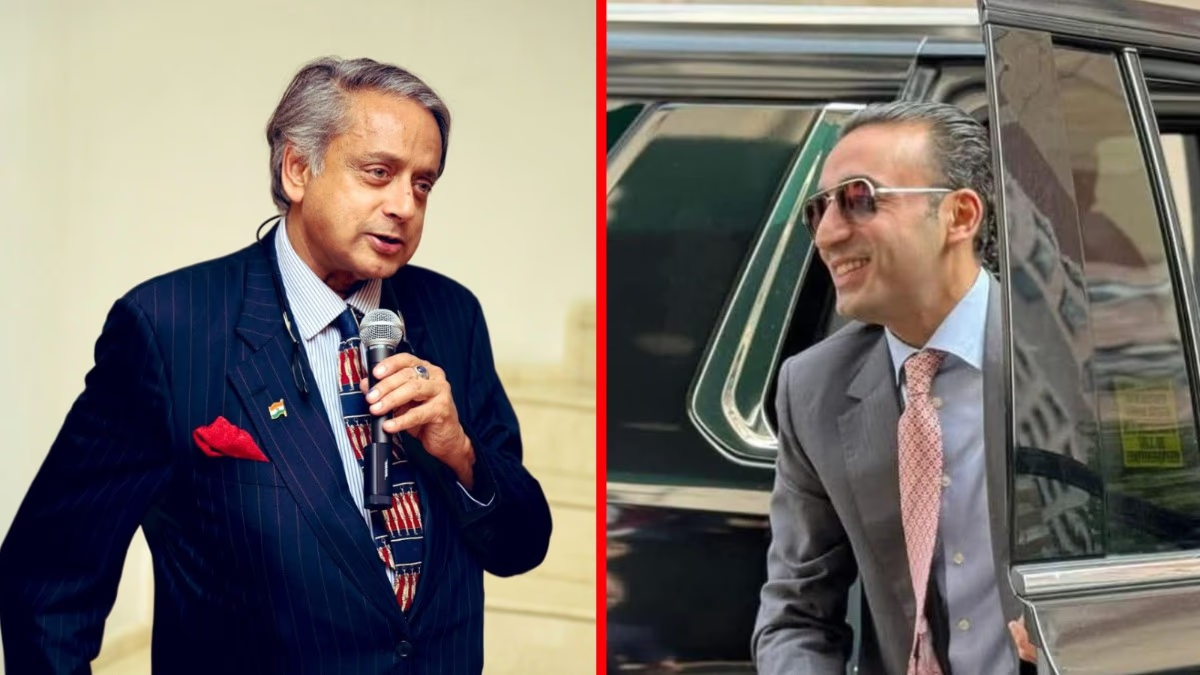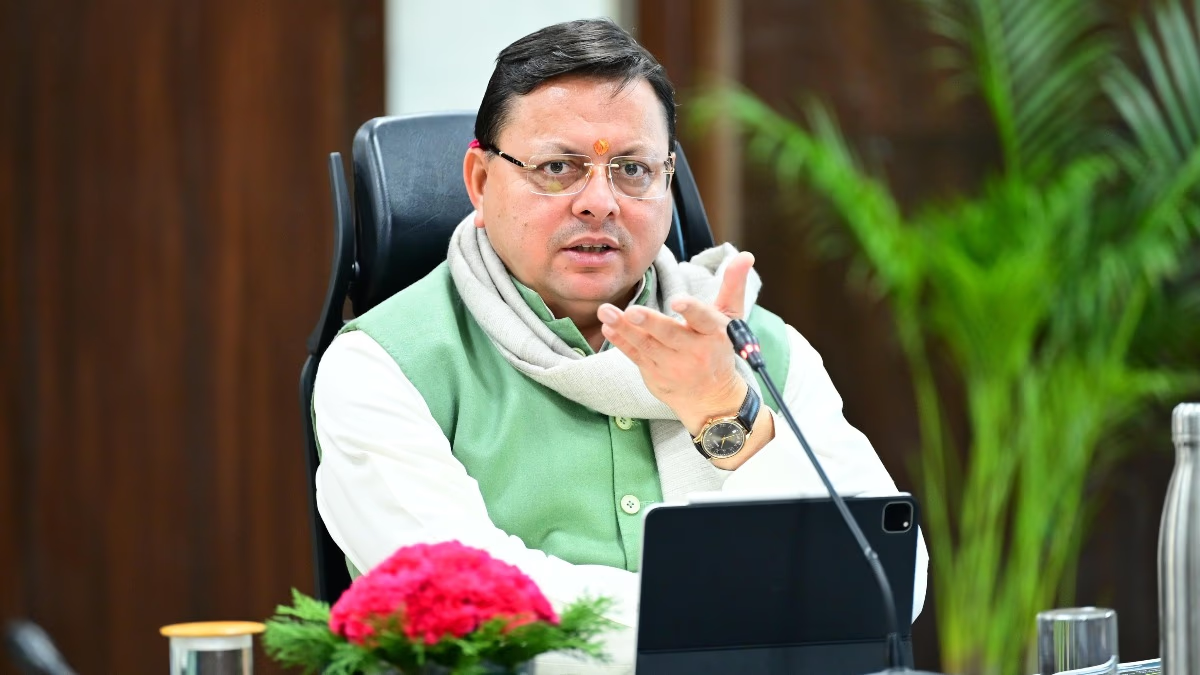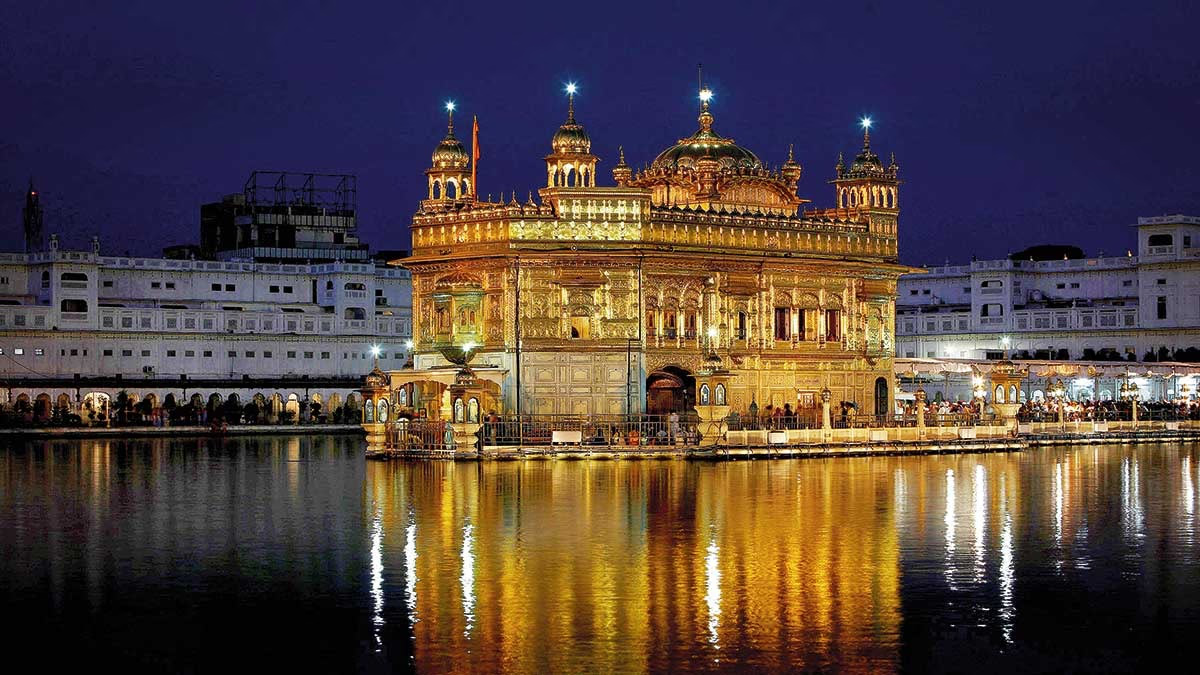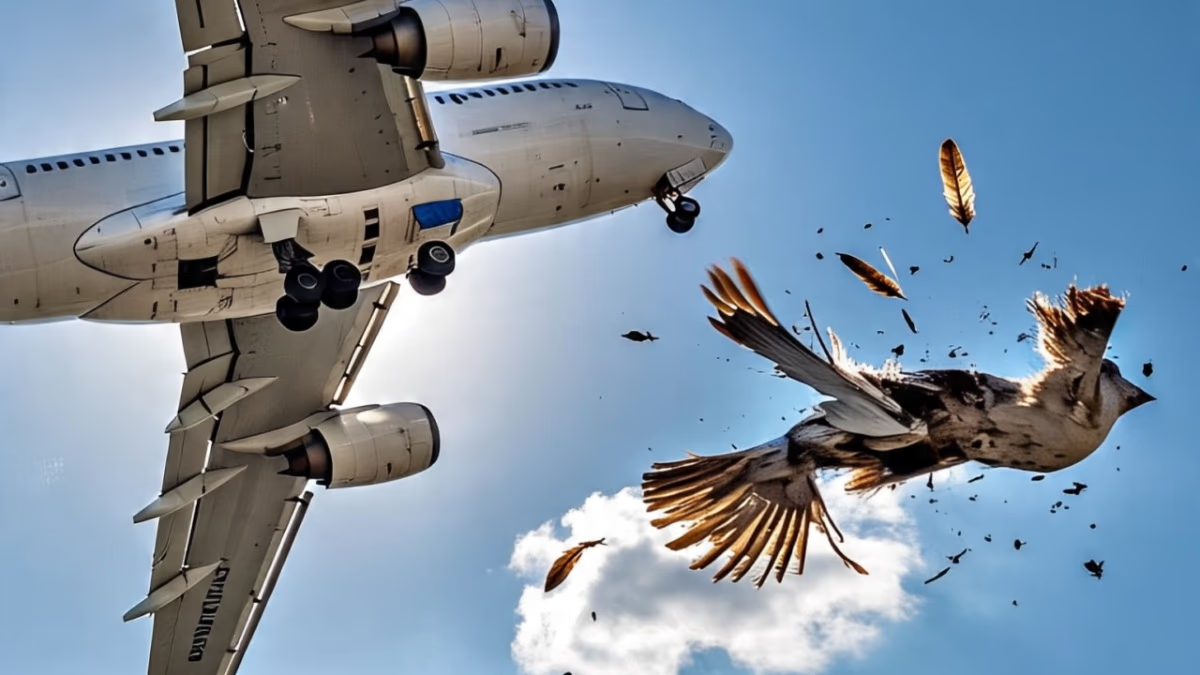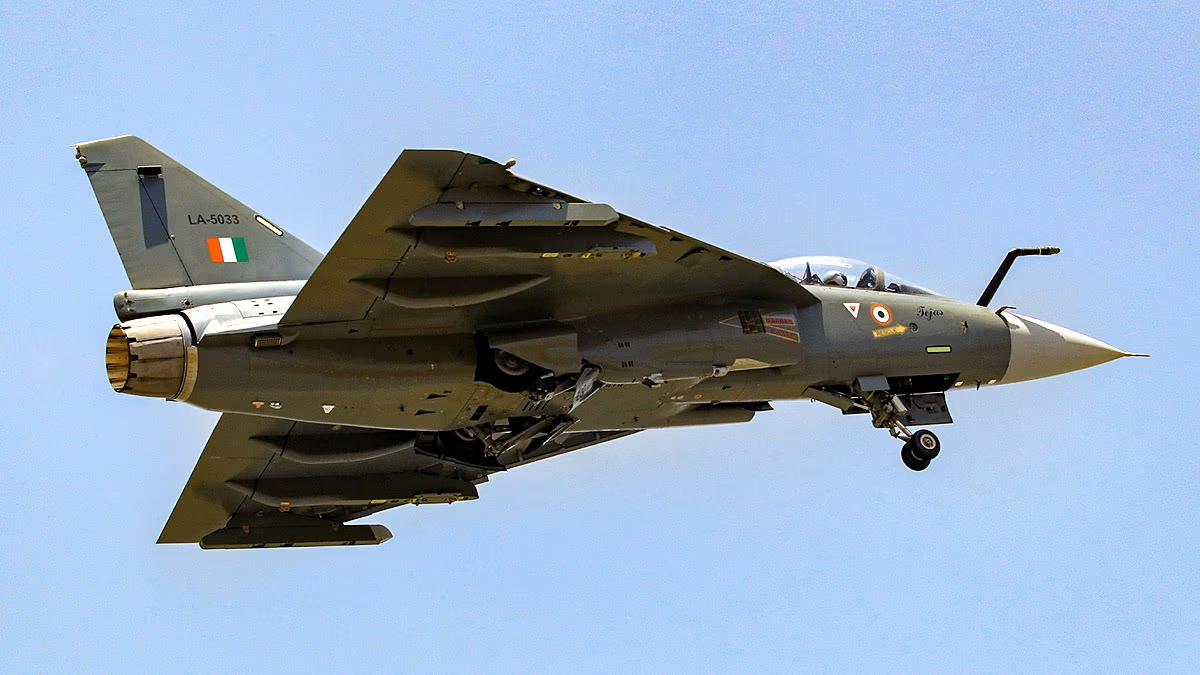Packing up their storylines, Pakistan launched an outreach mission to present its stance on the global stage. As part of this operation, an outreach mission has arrived in the USA, coinciding with India's own mission to the country.
An Indian parliamentary delegation is visiting the U.S. to highlight India's zero-tolerance policy on terrorism and to expose Pakistan's support for terror groups.
Pakistan's mission, spearheaded by verbose leader Bilawal Bhutto, includes three foreign ministers. Under the guidance of Prime Minister Shahbaz Sharif, the high-level delegation is set to tour New York, Washington D.C., London, and Brussels.
This endeavor stems from Pakistan's strategic response to India's diplomatic outreach following a terrorist attack in Pahalgam. After India dispatched seven multilateral delegations to the capitals of 33 nations, Pakistan has decided to act.
Joining the mission are notable figures including Federal Minister Musadik Malik, former Foreign Minister Hina Rabbani Khar, Khurram Dastgir Khan, former Minister Syed Faisal Ali Sabzwari, Sherry Rehman, and Senator Bushra Anjum Butt. Accompanying them are two former foreign secretaries, Jalil Abbas Jilani and Tehmina Janjua.
According to Geo News, the delegation plans to meet with the UN Secretary-General, President of the UN General Assembly, and ambassadors from 14 member countries of the 15-member UN Security Council, among them Chinese and Russian UN envoys.
In New York, Bhutto unleashed a smear campaign against India, attempting to leverage the Islamic card while addressing the Organization of Islamic Countries (OIC) representatives. Accusing India of aggression, Bhutto's rhetoric aimed to misguide OIC member countries.
He doggedly requested the OIC members, "Your relations with India might be better than ours. Urge them to discuss unresolved issues peacefully, including terrorism. Combined efforts by Pakistan and India could eradicate terrorism in this region."
Former Foreign Minister Bhutto ominously noted that if dialogue doesn't occur, terrorism is bound to escalate in the subcontinent.
In a separate statement, Bhutto noted that any aggression over shared water resources challenges both Pakistan's sovereignty and global stability. While rejecting terrorism in all forms, he opposed its misuse as a political tool targeting Pakistan.
However, Bhutto sidestepped questions about comments by Pakistan's army chief, Asim Munir, who controversially claimed Hindus and Muslims could never unite. Bhutto avoided addressing Munir's remarks regarding Muslims' supremacy over Hindus.
Moreover, Bhutto remained silent on how globally-recognized terrorist Hafiz Saeed continues to reside in Pakistan.
Munir's statement preceded the tragic Pahalgam incident, where innocents were attacked, resulting in 26 fatalities based on religious identification.
The suspension of the Indus Water Treaty by India has caused uproar in Pakistan, prompting them to bring this issue repeatedly to international platforms. In an event in America, Bhutto alleged that targeting urban areas and suspending the Indus Water Treaty by India were threats to regional peace.
Indian delegation chief Shashi Tharoor acknowledged the overlapping presence of Pakistani representatives in Washington, describing it as a fascinating occurrence. "Tomorrow, we will witness two competing delegations in almost the same location," said Tharoor.
Tharoor commented on Pakistan's focused diplomatic efforts, stating, "It’s no coincidence that Pakistan also sent a delegation abroad, but their reach is limited compared to India's. They target key capitals: Washington, Brussels, and London, whereas we have a more expansive network."
In an ANI interview, Tharoor noted the challenges within the American media landscape but remained optimistic that listeners concerned with Southeast Asia and anti-terrorism would pay heed to India's positions.
